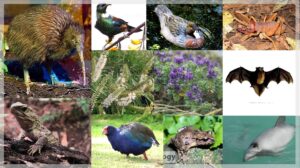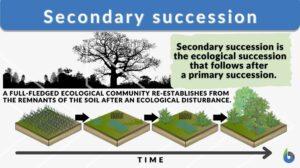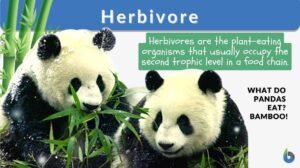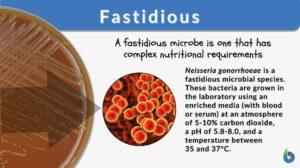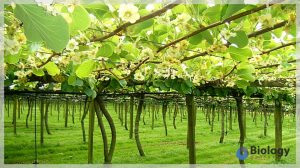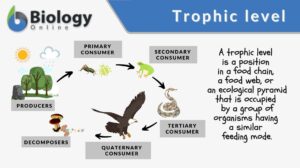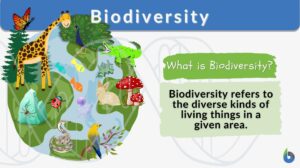Search Results for: flora
“Mutualism factor” could explain why body does not attack normal flora
When sadness reeks in and you feel as if you are all by yourself, think again. That is because you are never alone. As a... Read More
New Zealand’s Unique Flora
By: Maria Victoria GonzagaIn the previous lesson, we've come to know some of the most fascinating endemic... Read More
Ecology & Biodiversity: New Zealand Flora & Fauna
New Zealand is known for its unique biodiversity, caused by its remarkable geography and geologic history. Breaking away... Read More
Opportunistic pathogen
Opportunistic Pathogen Definition How do we define opportunistic pathogen? The opportunistic pathogen is an infectious... Read More
Anaerobic bacteria
Bacteria are classified according to the need for oxygen to survive and grow. For example, aerobic bacteria are bacteria... Read More
Fermentation
Fermentation Definition What is fermentation? Fermentation is the breaking down of sugar molecules into simpler compounds... Read More
Alimentary canal
Definition of Alimentary canal What is the alimentary canal? The alimentary canal is a muscular hollow continuous tubular... Read More
New Zealand’s Biodiversity
Written by: Maria Victoria GonzagaPeer-reviewed by: Cathy Buntting, Ph.D. and Andrea SoanesWhy is New... Read More
Secondary succession
We all have come across news where forest lands got destroyed by wildfires. Or sometimes we have read about an entire... Read More
Community Patterns
By: Maria Victoria GonzagaIn the previous lesson, we learned what a population is, its attributes, and processes... Read More
Pioneer species
You might have come across news of some barren lands turning into luscious grasslands or forests after decades? Or you might... Read More
Australasia realm
Definition noun A biogeographic realm that covers Australia, New Guinea, New Zealand, and neighbouring... Read More
Polysaccharide
Polysaccharide Definition Biology Definition: A polysaccharide is a carbohydrate formed by long chains of repeating units... Read More
Acinetobacter lwoffii
Definition Noun A gram-negative aerobic and non-fermentative bacterium involved as a normal flora of the skin, perineum and... Read More
Vascular plants
Definition of Vascular plants The term 'vascular' is derived from the Latin word vāsculum, vās, meaning "a container and... Read More
Disaccharide
Carbohydrates are organic compounds comprised of carbon, hydrogen, and oxygen, usually in the ratio of 1:2:1. They are one... Read More
Community (biology)
Community, in biology, refers to the assemblage of interacting organisms (either of the same or different species)... Read More
Eubacteria
Eubacteria are prokaryotic microorganisms consisting of a single cell lacking a nucleus and containing DNA is a single... Read More
Candida albicans
Definition noun A yeast-like fungus that abounds in nature and part of the gut flora. However, it is an opportunistic... Read More
Fastidious
Fastidious Definition We can define fastidious as a term used in microbiology to denote a species that lacks the ability to... Read More
Biosecurity and Biocontrol
By: Maria Victoria GonzagaIn the previous lesson, we learned about the importance of modern science... Read More
Trophic level
In ecology, a trophic level pertains to a position in a food chain or ecological pyramid occupied by a group of organisms... Read More
Biodiversity
The biological world or life on earth is a marvel that has amazed us since time immemorial. The rich natural diversity of... Read More
Tracheophyte
Definition noun, plural: tracheophytes A vascular plant contains the conducting systems which consist of xylem for... Read More
Enterobacter aerogenes
Definition Noun A gram-negative rod shaped motile and encapsulated bacterium and have peritrichous flagella that surrounds... Read More
Neisseria sicca
Definition Noun A gram-negative diplococcus oxidase positive commensal bacterium involved as a normal flora of human oral... Read More
Neisseria flavescens
Definition Noun A gram-negative saprophytic bacterium found normally in the nasopharynx, mouth and upper respiratory tracts... Read More
Neisseria mucosa
Definition Noun A gram-negative mucoid cocci bacterium involved in several human infections including cerebrospinal fluid... Read More
Human milk oligosaccharide
Definition noun plural: human milk oligosaccharides An oligosaccharide that occurs in high concentrations and exclusively... Read More
Vermiform appendix
Definition noun, plural: vermiform appendixes (anatomy) A worm-shaped, vestigial process extending from the lower blind end... Read More
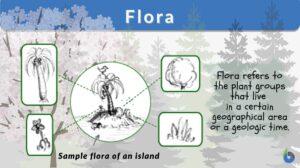
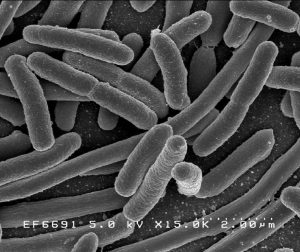
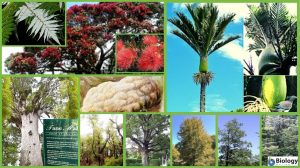


![Botany n., [ˈbɑt.ə.ni/] botany definition and example](https://www.biologyonline.com/wp-content/uploads/2019/10/botany-definition-and-example-300x168.jpg)





